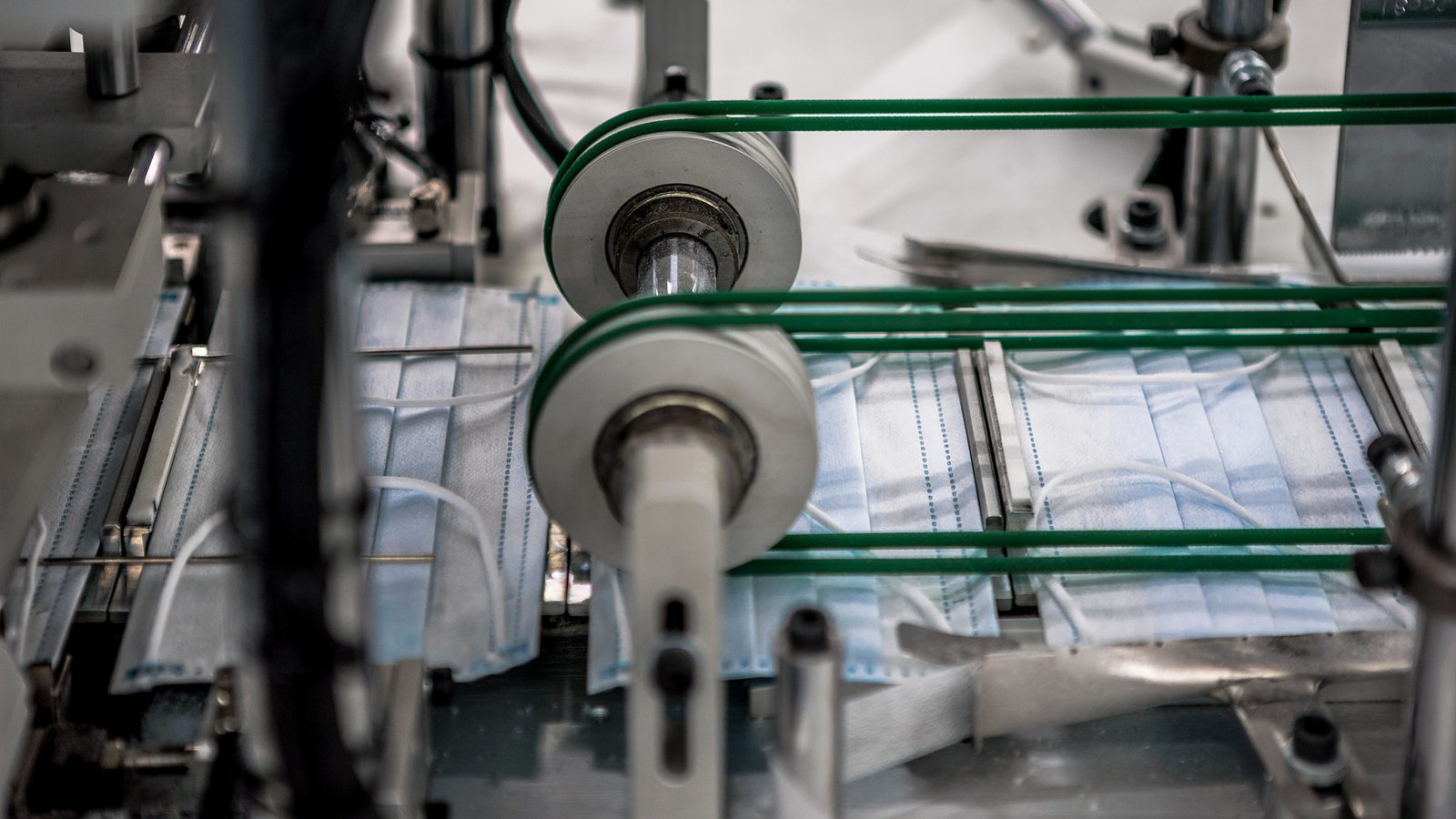By Laser 1 Technologies
The Future of a Different America
We all woke up on November 9, 2016, to face the future of a different America. Changes in the presidency will create a profound effect on our economy and generations to come. As with all uncertainty, companies are running hypothetical situations with worst case scenarios. The Silicon Valley is already freaking out, and institutions around the world are holding emergency meetings.
I call this fall-out “Plan B.” It’s the time to discuss the potential ramifications of Trump’s presidency. One way or another, small manufacturers will be significantly impacted by recent events.
We have no idea how Fortune 500 will respond; however, some signals indicated that Plan B was on the executives’ drawing boards for quite some time. All Fortune 100 CEOs, and a significant number of Fortune 500 officials, are not for Trump’s economic plans. They have good reasons to be worried.
What’s sticking in the craw of these executives? Policy regarding taxation, capital gains, immigration, regulation, the Affordable Care Act, trade, infrastructure, and several human resources issues.
How will changes by the Trump administration impact small and medium manufacturing business? For starters, Fortune 500 companies are pivotal in the growth or decline of the entire economy. The total value of their purchase orders being one of the major economic indicators. If you are an OEM business, second-tier manufacturer, or contract manufacturer, these companies are your bread and butter. As such, you’ll need to be ever vigilant. The “big guys” will not be sharing their Plan B with you.
Why the silence? Trump’s economic plan has more holes than Swiss cheese, and as pointed out by major economists, his ideas simply don’t add up. Companies and investors on Wall Street cringe in times of uncertainty, thus future business strategies may surprise you even more than the election itself.
The clear majority of Fortune 500 companies are multi-national with assets and businesses spread across diverse cultures and political spectrums. Taking that into consideration, company board members are now questioning whether operations should remain in the United States or move somewhere. Will there be IRS harassment and unfounded investigations with dissent from political direction?
I can only imagine the intense discussions between Tim Cook and Apple executives. If Apple is ordered to manufacture the iPhone in the United States, the company opens itself to a multitude of problems way beyond the logistical nightmare and a lack of manufacturing skills. Preliminary numbers indicate that by moving the iPhone’s production to the United States, costs will increase at least $50 per phone. It doesn’t end there. With the lowered tax base, our government will be in a position to protect Apple by imposing a 45% tariff on China, which in turn, will reshape the American economy in an unprecedented way.
We are positive individuals that look forward to a bright future. Let’s hope that this attitude prevails in government. It’s not going to be easy transition and it will get ugly, but change can be good if it’s made for the right reasons.




